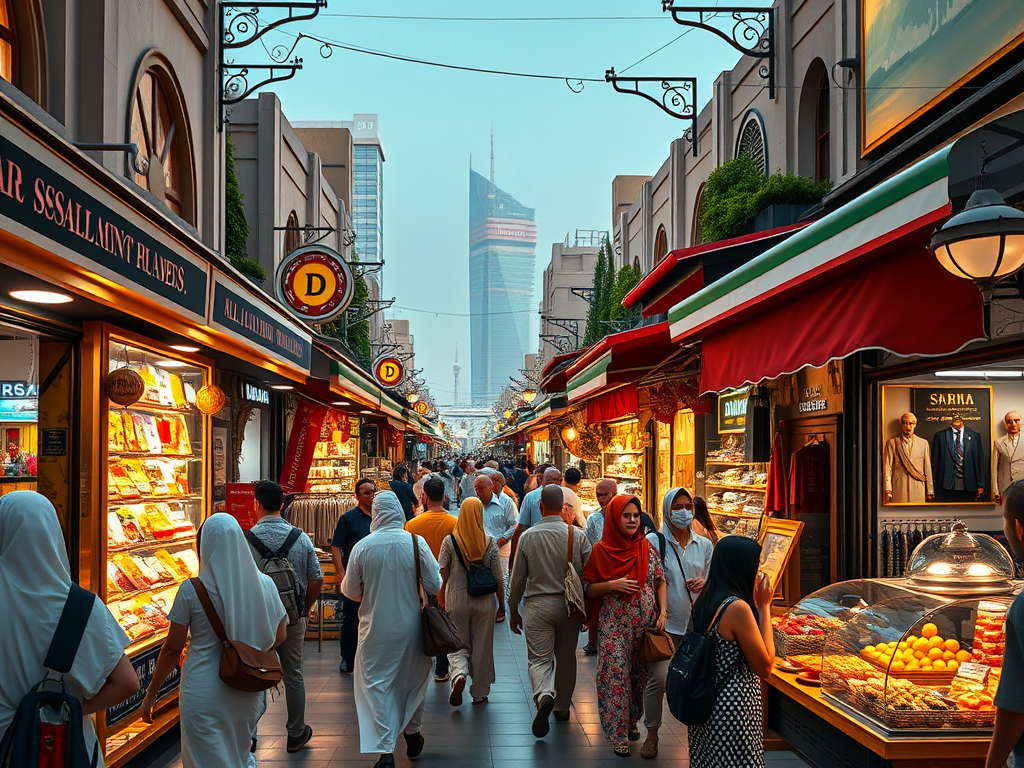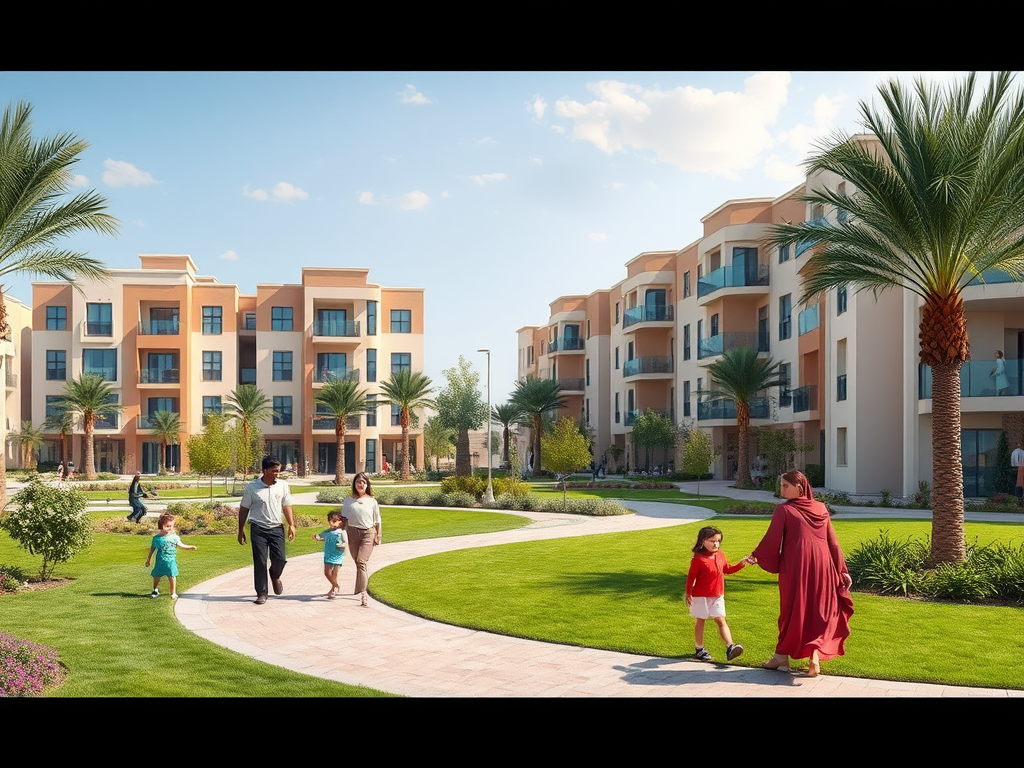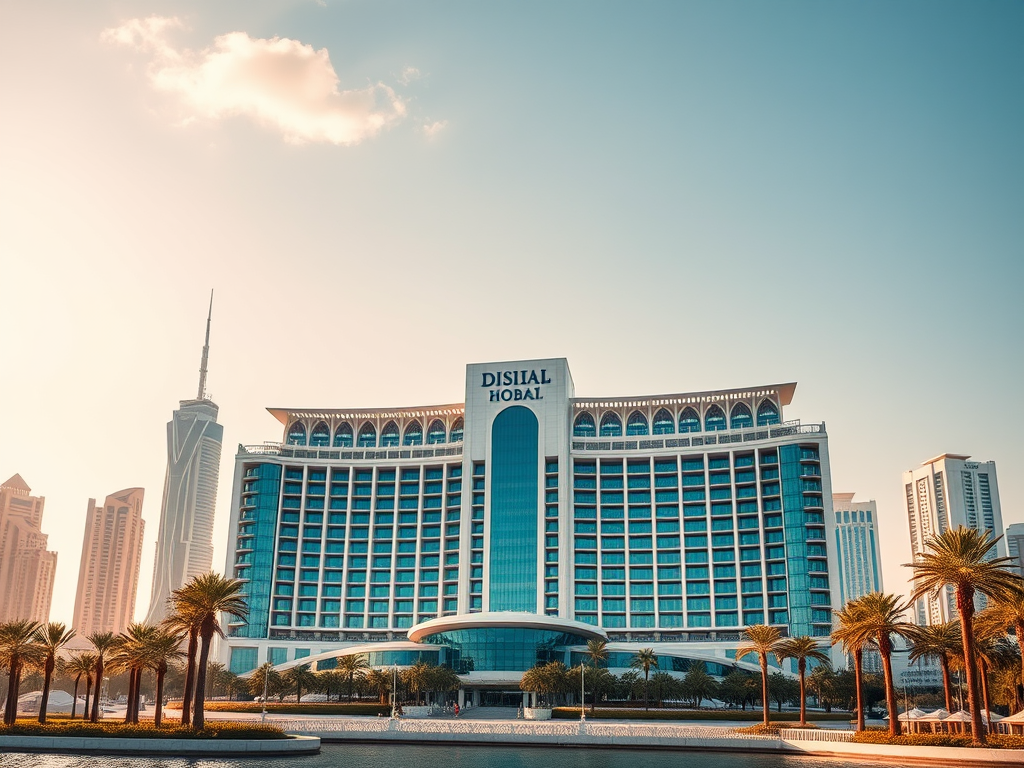Tourism plays a crucial role in shaping Dubai’s real estate market, influencing both demand and opportunity. As one of the world’s most popular destinations, Dubai attracts millions of international visitors annually, driving the need for residential, commercial, and hospitality properties. The influx of tourists generates a robust rental market, increases property values, and encourages new developments. This interconnection highlights how tourism acts as a catalyst for the real estate sector, propelling growth and investment opportunities.
Impact of Tourism on Property Demand

The growing number of tourists translates directly into higher demand for various types of properties. Tourists not only need accommodation but also space for dining, shopping, and leisure activities, impacting the real estate market significantly. Factors contributing to this demand include:
- Short-term rentals: With the rise of platforms like Airbnb, property owners are capitalizing on the influx of visitors by offering short-term rentals.
- Luxury accommodations: High-net-worth tourists are often seeking luxury hotels and serviced apartments, driving up property values in premium locations.
- Commercial spaces: The retail landscape expands to accommodate the shopping needs of tourists, resulting in increased demand for commercial spaces.
- Integrated communities: With an emphasis on creating holistic living environments for visitors and residents alike, there is a growing demand for properties within integrated communities.
- Long-term investments: Many investors see the booming tourism sector as a long-term investment opportunity, leading to a rise in real estate purchases.
Economic Contributions of Tourism to Real Estate Growth

The economic benefits of tourism on Dubai’s real estate market are multifaceted, making it a vital component of the economy. Government initiatives have played a significant role in enhancing the tourism experience, leading to an increase in traveler numbers and subsequently boosting real estate investments. Key contributions include:
- Increased Infrastructure Development: Improvements in transport, leisure facilities, and public services enhance the attractiveness of properties.
- Job Creation: The tourism sector creates job opportunities, leading to heightened economic activity and increased purchasing power among residents.
- Global Investments: As tourism grows, international investors are more likely to pour money into the real estate market, driving prices upward and fostering competition.
- Boost in Hospitality Sector: The surge in tourists necessitates the development of hotels and entertainment venues, creating a ripple effect across related real estate sectors.
Several emerging trends highlight the relationship between tourism and the real estate market. These trends reflect the community’s evolving demands and technological advances:
- Sustainable Developments: Eco-friendly and sustainable properties are gaining traction as conscientious tourists look for greener options.
- Smart Home Technology: Properties incorporating advanced technology and automation systems attract tech-savvy travelers.
- Co-working Spaces: The rise of digital nomadism has led to an increased demand for co-working spaces in residential developments.
- Wellness Properties: Tourists are increasingly seeking wellness facilities, prompting developers to integrate spas and fitness centers into residential projects.
- Mixed-use Developments: These are becoming more popular as communities seek convenience in living, working, and leisure.
The Future of Dubai’s Real Estate Market
As tourism continues to thrive, Dubai’s real estate market is poised for sustained growth. The city’s strategic initiatives aimed at attracting tourists can potentially unlock further investment opportunities. The challenge for stakeholders will be to adapt to changing visitor preferences and market dynamics effectively. Investors are increasingly focused on developments that cater to both tourists and local residents, making it essential to create versatile properties that blend functionality and luxury. The alignment of tourism and real estate strategies will determine the trajectory of the market in the years to come, ensuring Dubai remains a competitive destination.
Итог
Tourism undeniably drives Dubai’s real estate market by creating demand, contributing to economic growth, and shaping emerging trends. Investors and developers must continue to innovate and adapt to changing market needs to leverage the opportunities presented by tourism. As the city enhances its reputation as a global hub, the synergy between tourism and real estate will likely persist, fueling future growth and development.
Часто задаваемые вопросы
1. How does tourism influence rental prices in Dubai?
Tourism increases demand for short-term rentals, driving up rental prices in popular areas as property owners cater to tourists.
2. What types of properties are most affected by tourism in Dubai?
Residential, commercial, and hospitality properties are all impacted, with a noticeable increase in demand for luxury and short-term rental accommodations.
3. Are there ongoing government initiatives to support tourism in Dubai?
Yes, the government regularly launches initiatives to enhance tourism experiences, improve infrastructure, and promote the city as a global travel destination.
4. How does the influx of tourists affect property development in Dubai?
The steady increase in tourist numbers often leads to more development projects, particularly in hospitality, commercial spaces, and upscale residential properties.
5. What future trends in tourism could impact Dubai’s real estate market?
Future trends include the rise of sustainable developments, increased demand for smart technology, and a focus on wellness properties, all of which could significantly shape the market dynamics.
